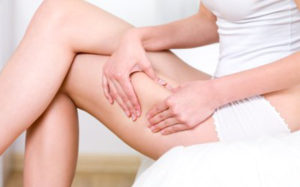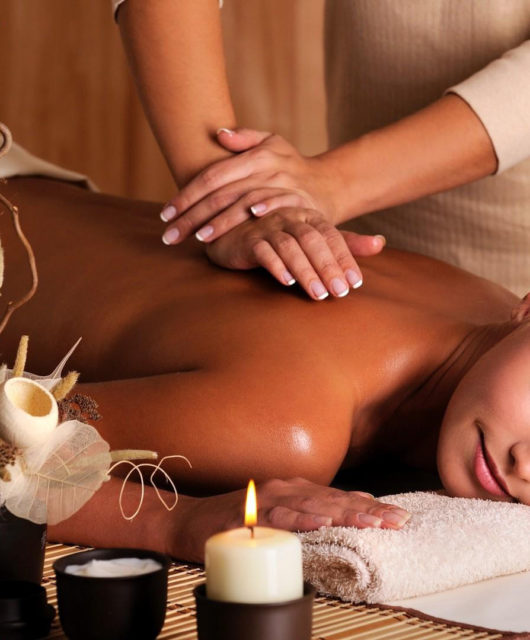Just as we cannot tickle ourselves, we also have trouble massaging ourselves. If you’ve tried, you would notice it just doesn’t feel as good as when another person does it. But why is that? Read on to discover a few theories behind why a self-massage is not as satisfying as the real thing.
We Predict the Action
When an action is performed, our brain produces an efference copy of that action. Think of it like copying a document on a computer. Our brains take this copy of the action being performed and use it to predict the effect of that action. When the predicted action is different from the actual action, our brain knows it is coming from an outside source. When our predicted action matches the actual action, we know it comes from an inside source and the sensory effect is reduced.
So What Does That Mean For Self-Massage
When receiving a massage, our brains make an efference copy of the therapist’s action and our brains will try and predict the action. As it is being performed by someone else, we are unable to make that prediction and we feel the action as it is. However, when performing a self-massage, the predicted action is same as the actual action and the effects are diminished. This means we cannot get the same satisfaction from the self-massage because are brains can already anticipate our next movement.

We Cannot Relax Enough
Part of what makes a massage so great is that we can relax and unwind and enter completely relaxed state. A self-massage makes this impossible. What actually happens in a massage is that our parasympathetic nervous system is activated and our brains increase delta waves production (the same brain wave state as deep sleep). Conversely, waking brain waves like alpha and beta waves are decreased. This deep state of relaxation is virtually impossible to achieve when our brains need to focus om performing the massage on ourselves.
Our Brains Don’t Release the Same Amount of Neurotransmitters
Laying down and having some knead your body produces feel-good chemicals, or neurotransmitters. These chemicals include
- Serotonin – This regulates our moods and can make us feel happy and content
- Dopamine – a chemical used when our brains reward us when we did or experienced something good (like have sex or winning when gambling)
- Oxytocin – Produces a warm feeling in us when we are touched – that’s why it’s known as a love hormone.
When we perform a self-massage, these neurotransmitters are not released to the same degree that they would be if someone were to massage us. By missing out on these chemicals, the massage won’t feel as good.
Thankfully all isn’t lost. You can perform a self-massage with the assistance of tools like a foam roller, a tennis ball or a portable massager. While tools might not have the same effect as a human touch, we can still appreciate many benefits especially as they can offer relief from tense, tight, sore, or sprained areas.











